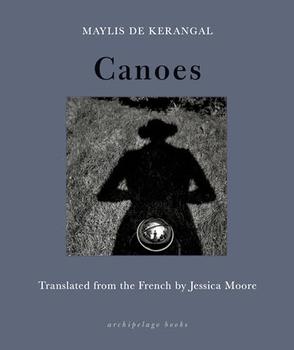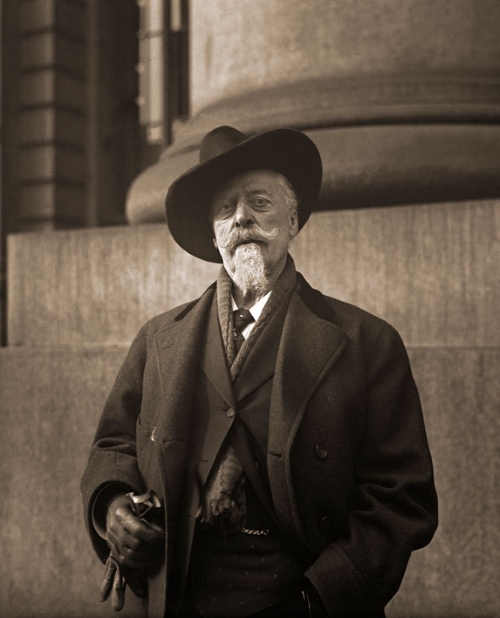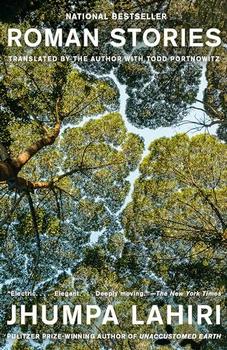
A colorful cast of female characters contends with UFOs, sonic waves, and the legend of Buffalo Bill in a spellbinding novella and 7 short stories about the mysteries of place and language.
Ricocheting off of the book's exhilarating central novella and 7 short stories, the women we meet in Canoes are by turns indelibly witty, insightful, intimate, bracing, and profoundly interconnected.
"When did I start placing myself in the fable?" a young Parisian wonders as she tells her son the legend of Buffalo Bill, a spectral presence atop the mountain in their small Colorado town. She has just moved to the United States and everything disorients her – suburbs stretching along reptilian highways, a new house rigged like a studio set, but most of all, the sound of her husband's voice. Sam speaks with a different tone in English, not the soft and swift timbre of his native French. From a voice made new, Maylis de Kerangal opens up a torrent of curiosities, hauntings, and questions about place and language.
The women of these stories are mad about: stones, molds of human jaws, voicemail recordings, sonic waves, UFOs, and always how the texture of human voice entwines with their obsessions. With cosmic harmonics, vivid imagery, and a revelatory composition, Canoes will leave readers forever altered.
These are beautiful stories; their narrators are thoughtful, interested in the world around them and the remains below their feet, hidden from view but crucial and foundational. Their preoccupations are different than what I normally encounter in fiction, but the feelings and dynamics that de Kerangal describes are familiar and convincingly rendered: the awkwardness between two women in their twenties who used to be close friends and somehow aren't anymore; an older sister's pride and sympathy for her stuttering younger brother. The narrator of the last story, an investigator on a government task force for UFOs, has a "penchant for the faraway absolute" of space but also an interest in "the complexity of human testimony": "these stories of sightings, these prosaic and fragile little narratives," are, for her, "the true substance of cosmic wonder." It's a description that applies equally to de Kerangal's own work, which traffics in a kind of matter-of-fact, unsentimental wonder—the kind of work that makes you more alert, critical, and curious...continued
Full Review
 (1094 words)
(1094 words)
(Reviewed by Chloe Pfeiffer).
 In Maylis de Kerangal's new short story collection, Canoes, a woman moves from Paris to Golden, Colorado, a mining town in the foothills of the Rockies. At the top of Lookout Mountain, overlooking Golden, Buffalo Bill is buried—which surprises the woman, who thought Buffalo Bill was a fictional character.
In Maylis de Kerangal's new short story collection, Canoes, a woman moves from Paris to Golden, Colorado, a mining town in the foothills of the Rockies. At the top of Lookout Mountain, overlooking Golden, Buffalo Bill is buried—which surprises the woman, who thought Buffalo Bill was a fictional character.
Who was Buffalo Bill? It's difficult to separate the real man from the legend, especially because he most likely fabricated so many stories about himself; according to True West Magazine, he "managed to make a career out of walking the line between truth and fiction, real frontiersman and glam showman." He was born William F. Cody in 1846, and grew up on his family's farm in Kansas. His father died when he was eleven, ...

If you liked Canoes, try these:

After the Funeral and Other Stories
by Tessa Hadley
Published 2024
A masterful collection of stories that plumb the depths of everyday life to reveal the shifting tides and hidden undercurrents of ordinary relationships.

by Jhumpa Lahiri
Published 2024
The first short story collection by the Pulitzer Prize–winning author and master of the form since her number one New York Times best seller Unaccustomed Earth • Rome—metropolis and monument, suspended between past and future, multi-faceted and metaphysical—is the protagonist, not the setting, of these nine stories
Great political questions stir the deepest nature of one-half the nation, but they pass far above and over the ...
Click Here to find out who said this, as well as discovering other famous literary quotes!